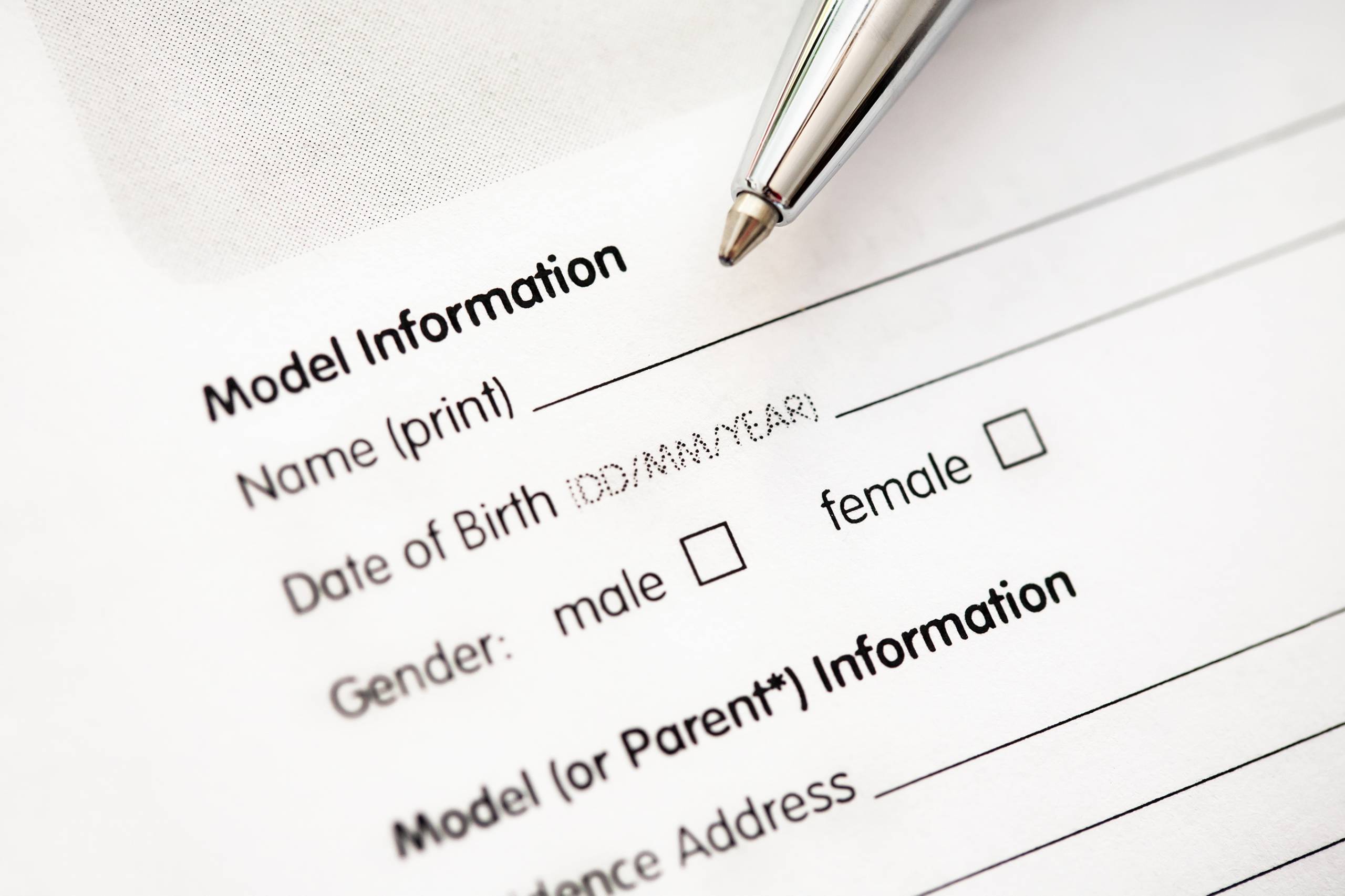
Close-up detail of model release signing
As I travel from presbytery to presbytery conducting communications workshops, there is one question that seems to be asked over and over. Your question concerning the need for permission and consent to post pictures of children and adults at church got me to do some research on the legalities. I am by no means an attorney, and I would highly recommend that you confer with your church’s legal counsel whenever you’re not sure about the do’s and don’ts of posting photos, but here’s what I’ve learned. I hope it helps. Read more.
With the sophistication and availability of camera phones, people are taking and posting photos and videos on websites and every social media platform. According to an article in Digital Trends, more than 250 billion photos have been uploaded to Facebook, and more than 350 million photos are uploaded every day on average. While sharing the excitement of your event and the great images you’ve captured, you need to proceed with caution before posting those images on your church’s website or social media page.
Concerns about unauthorized images have exploded with the ease and availability of digital media. However, you have a story to tell and you want people to get to know your congregation through the photos and videos of events and activities at your church. So, what does it take for you to post those photos and videos on your church’s website or social media platform?
When posting photos of children on social media or your website, ask yourself:
- Who might be able to see these photos?
- Is there anyone else in this photo? Some adults may not want their image to be published.
- Are there any identifying details in the photo, such as the child’s name?
- Do I have a signed permission slip from the child’s parent or guardian?
Georgia and New Jersey are working on laws that will make it illegal for anyone other than a parent to photograph a minor. Online sites must comply with the Children’s Online Privacy Protection Act of 1998, which has rules regarding the posting of identifying information, including a child’s school, hometown or full name. Though this law does not apply to individuals, Facebook could take down your photos.
And, while it is not illegal to post photos taken at a public venue or event, it is strongly recommended that you obtain written permission from a parent or guardian when posting photos of minors at events at your church. A Photo/Video Release Form allows an individual or photographer to obtain consent from the other party in order to use photographs for personal or commercial use. The releasing party, the “releasor,” can choose to give away the rights to the images for free or charge a fee or royalty. In the case where there is payment involved, the rights of ownership to the images do not become final until the payment has been made and the release form has been authorized.
The following are some release forms that you may be able to adapt for your need.
Daycare Photo Release Form — This form gives consent from a parent or legal guardian to use photos of their child. The images may be used internally or for commercial use.
Employee Photo Release Form — This form gives consent to an employer to use an employee’s photo for commercial use, such as on an “about” page on the company’s website or for marketing purposes.
Minor (Child) Photo Release Form — This form gives consent to a third party to use the photos of their child. This is common for school photos, but it can also be used for professional purposes.
Model Photo Copyright Release Form — This form can be used by a photographer to give consent to the model for the use of the photos or from a model to give consent to the photographer.
Pet Photo Release Form — This form gives a third party the right to use images taken of their pet.
Photo Copyright Release Form — This form allows the copying, distribution or usage of specified copyrighted photos at will.
Video Release Form — This form allows a third party to have the consent to use any video that was taken of an individual for personal or commercial use.